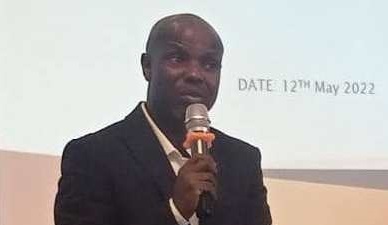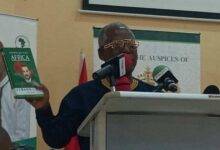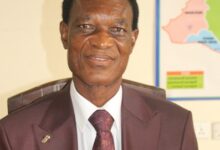
The Legal Affairs Manager of the Minerals Commission, Mr Josef Iroko, has advocated a legislative framework for the disclosure of mining activities and the amendment of the Minerals and Mining Act.
Mr Iroko speaking at the capacity-building workshop for Civil Society Organisations (CSOs) and media in Accra yesterday, said the reforms would promote awareness of the existence of some mining agreements and licence information while enhancing more accountability and transparency.
He said as much as there was no legislative backing for the disclosure of mining agreements unlike in the petroleum sector, there was also little awareness among stakeholders of the existence of these agreements and licence information and how to access them.
“These disclosures have the potential to promote compliance by companies and inform government’s policy on licensing and contracting,” MrIrokosaid.Adding that, on that basis, it was necessary to take proactive steps to build the capacity of CSOs and media practitioners to increase the use of publicly available mining contracts.
“This would help analyse the development and investment agreements, interrogate the data and demand accountability from government and businesses stakeholders,” he added.
Mining Cadaster Administration System (MCAS) Operation Officer, Mr Francis Acquah, in his remarks, revealed that the Ghana Mining Repository (GMR) could be easily accessed online since the country was in its digital era.
Emphasising that, the online process would gradually phase out the paper works to ease the burden on persons who wanted to register for their mineral licence.
“This online GMR platform was rolled out since last year November and it would help regulate people from long distance, who wants to get their licence. All it takes is to get on the GMC website, input your email and password to begin the process,” he explained.
A Senior Legal Analyst with NRGI, Ms Nicola Woodroffe, said one of the issues that came up in the assessment of Ghana’s previous local content regulations was the distinction between local importing foreign goods which provided less benefits within the country and hardly supported local manufacturing.
“It is crucial to ensure preference is given to local companies, that are creating direct value addition and not local companies engaged in the business of import to service the mining sector,” she said.
The Natural Resource Governance Institute (NRGI) is an independent nonprofit organisation dedicated to improving countries’ governance over their natural resources to promote sustainable and inclusive development. The headquarters of NRGI is based in New York.
BY ANITA ANKRAH







